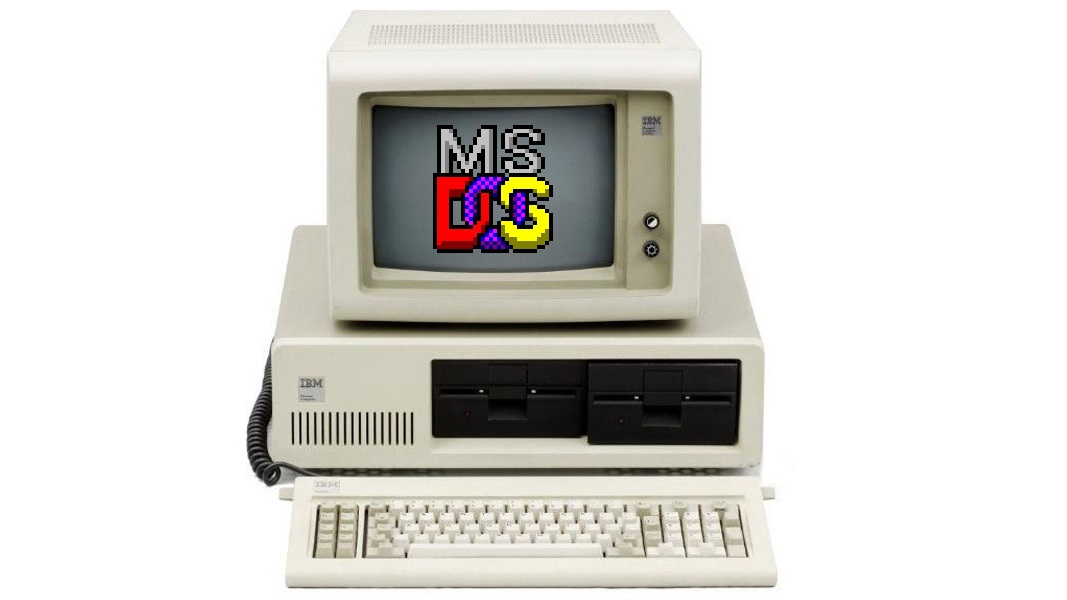Microsoft Open-Sources Early MS-DOS Versions, This Time to GitHub
- Paul Thurrott
- Oct 02, 2018
-
9

Microsoft this week announced that it has “re-open-sourced” MS-DOS 1.25 and 2, this time to GitHub. The releases follow any earlier open-sourcening, ahem, via the Computer History Museum in 2014.
“We’re re-open-sourcing MS-DOS on GitHub because it’s much easier to find, read, and refer to MS-DOS source files if they’re in a GitHub repo than in the original downloadable compressed archive file,” Microsoft’s Rich Turner explains. “The source files are being (re)published for historical reference purposes and to allow exploration and experimentation for those interested in early PC operating systems [only].”
Windows Intelligence In Your Inbox
Sign up for our new free newsletter to get three time-saving tips each Friday — and get free copies of Paul Thurrott's Windows 11 and Windows 10 Field Guides (normally $9.99) as a special welcome gift!
"*" indicates required fields
That last bit refers to the fact that GitHub is often used for open-source projects where others can make “pull requests,” which are suggestions for modifications. Obviously, Microsoft has no intention of modifying this code.
The MS-DOS source code was written entirely in 8086 Assembly Language and dates back to 1980. So you’ll want to fire up your dusty copy of MASM while strolling done memory lane.
Tagged with
Conversation 9 comments
-
skane2600
<p>I can't comment directly on the Premium side but I concur with "wright_is", that 8088/86 was a terrible CPU for programmers. The lack of a linear address space arguably created a 10% or more hit on software development efficiency. One wonders if the Mac would have been created at all if Apple had used the 8086 rather than a 68000.</p>